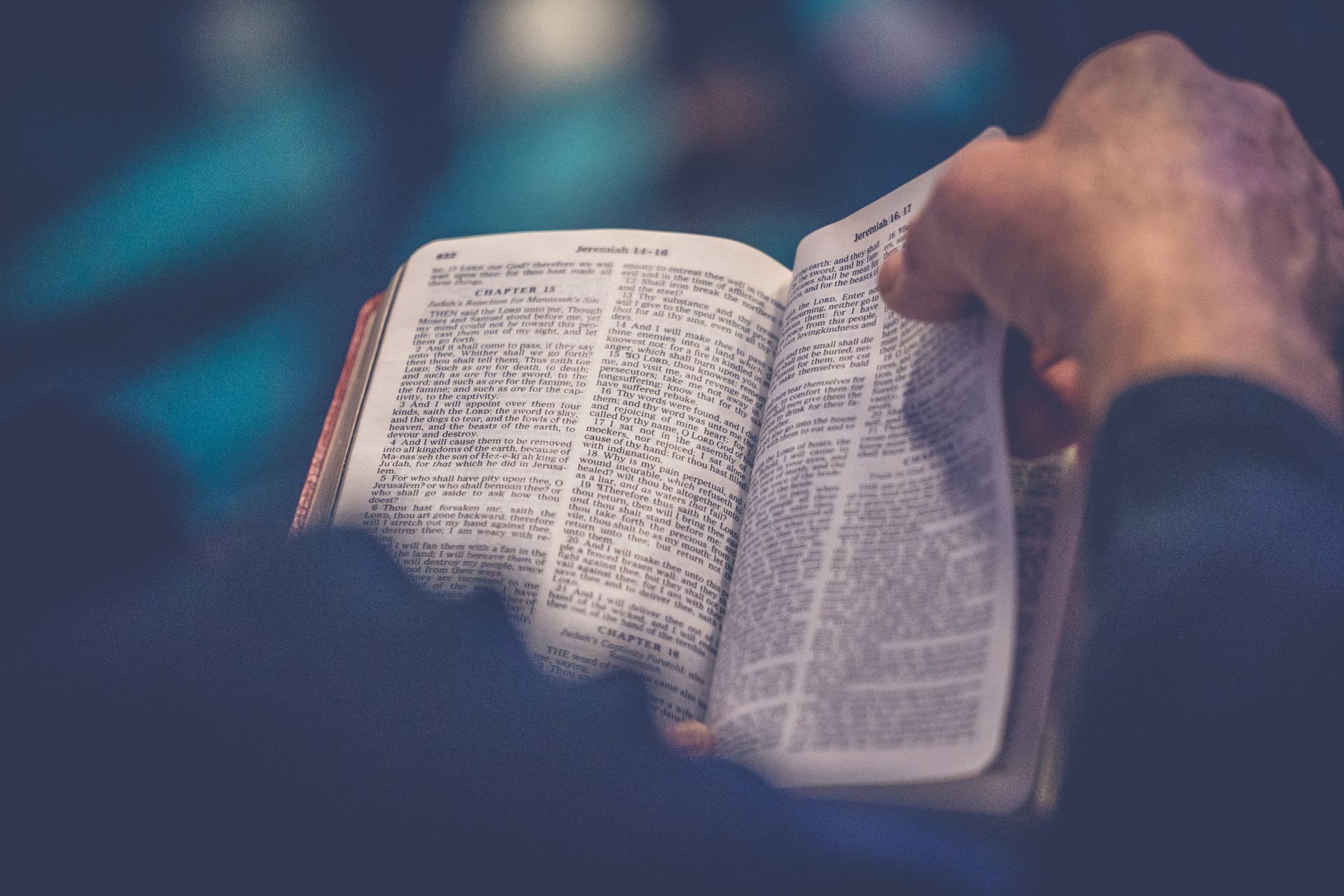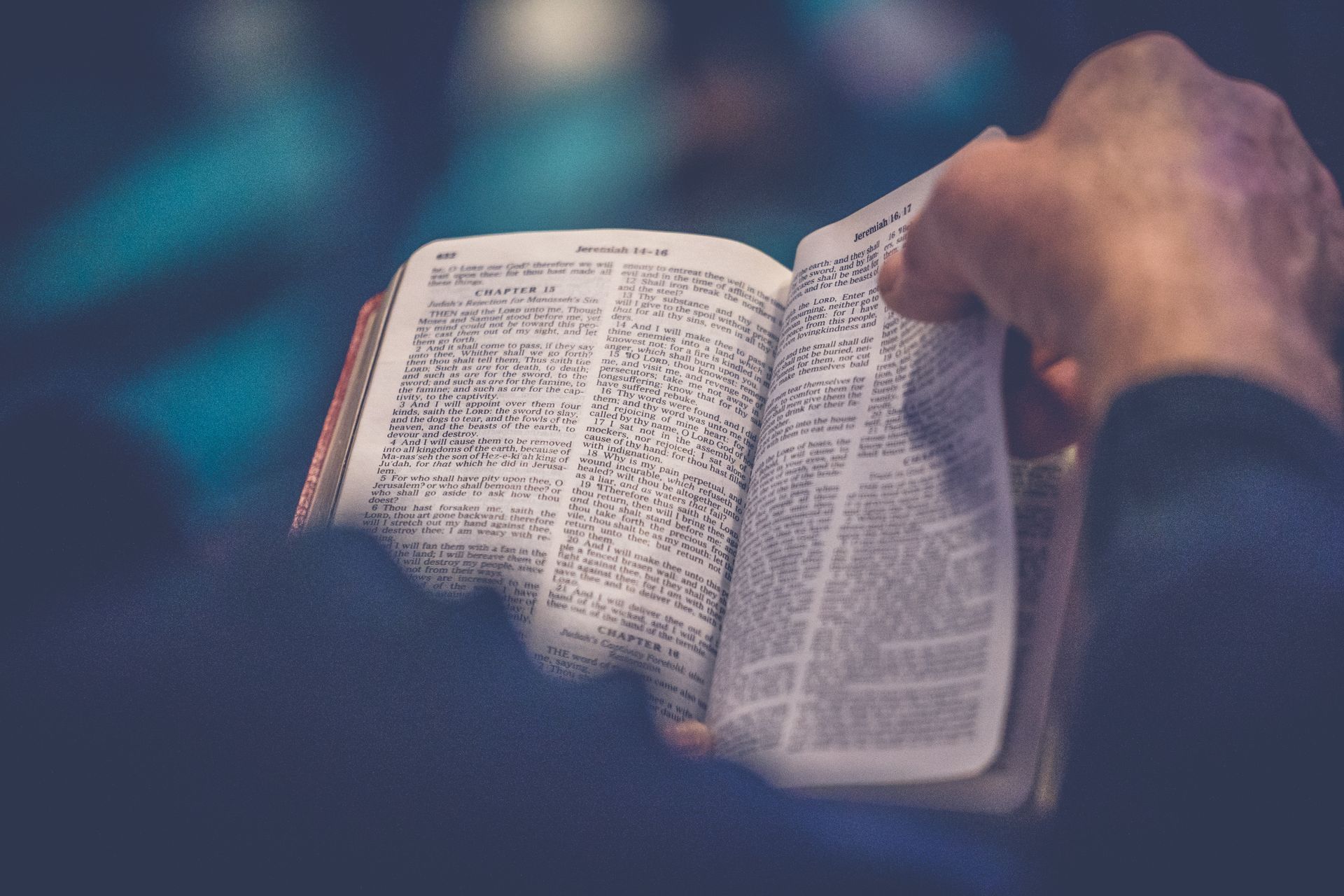Tuesday - June 13, 2023
SCRIPTURE
Galatians 3:28
There is neither Jew nor Gentile, neither slave nor free, nor is there male and female,
for you are all one in Christ Jesus.
WORDS OF HOPE
In a country where white supremacy rears its ugly head way too often, it is actually
possible to be too white. People with albinism, a rare inherited genetic condition that
reduces the amount of melanin formed in the skin, hair, and eyes, face the same kinds
of stereotyping and marginalization as do so many others who do not fit the narrow-
minded definition of “normal” held by some.
On November 18, 2014, the United Nations’ General Assembly adopted a resolution
establishing June 13th as International Albinism Awareness Day. This historic resolution
confirms the global focus on albinism advocacy. Albinism occurs in all racial and ethnic
groups throughout the world. In the U.S., approximately one in 18,000 to 20,000 people
has some type of albinism. In other parts of the world, especially in Africa, the
occurrence can be as high as one in 3,000. This UN resolution is significant and
necessary because much of the way people with albinism are seen and treated is the
result of misinformation and myth.
In places such as Malawi and Tanzania, people with albinism are hunted and killed
because there is a belief their body parts have magical powers. Also, the graves of
people with albinism are dug up and the corpses dissected so that the witch doctors
can use the various body parts in concoctions, potions, and rituals, with the promise of
bringing prosperity to their users. On the other side of this, particularly in sub-Saharan
Africa, is that people with albinism are murdered because they are believed to be
cursed and will bring bad luck to those around them.
Though living with albinism in the United States is not mired with the same dire
circumstances found in some African nations, myth and misinformation, mostly put forth
by the entertainment industry, do run rampant and thus present challenges to those of
us living with albinism. For most people in this U.S., their only perception of a person
with albinism is “the evil albino” as developed in Hollywood movies such as The DaVinci
Code, The Matrix Reloaded, The Princess Bride, and, sadly, many others. In these
movies, the albino characters have grotesque health conditions, which in reality are not
associated with albinism at all; they are expert assassins, which is hilarious because
most people with albinism are legally blind; or, the plot lines purport that the condition is
the result of incest, which is absolutely not the cause of albinism. Thus, the average
person with albinism trying to make their way through life has to work to break down all
of these myths and stereotypes almost on a daily basis.
The number one myth surrounding albinism is that albinos have red or pink eyes. This
is totally false! Most of us have blue eyes, with some people’s leaning toward lavender.
This piece of misinformation, however, helps to promulgate the character of the “evil
albino” because red eyes suggest something way more intriguing and otherworldly than
does a fair-skinned person with blue eyes. The albino eye is also characterized by
nystagmus, uncontrollable rapid eye movement, and poor vision that cannot be
improved with corrective lenses, traits that are overlooked in these Hollywood
depictions.
I share all of this information partially as a public service announcement on International
Albinism Awareness Day, but also because of its broader meaning. That is, in a world
where our perceptions can be so easily manipulated by a Hollywood take on life and
where virtual and augmented realities are becoming the norm, we must always
remember that we are all real people, real children of God, living real lives. We each
walk a unique path and no one else knows what it is like to walk in our shoes every
single day.
As we say in academia, if you seek truth and want to understand more fully,
go to a primary source. Don’t assume what the life of a person with albinism looks like
based on a movie…or for that matter, the life of a single mother, or an addict, or a felon,
or a trans person, or a white supremacist. The only way that we can come to
understand, empathize with, and grow in love as a world is to share our firsthand stories
with one another openly and honestly and resist our instinct to judge or, worse yet, to let
others judge for us.
PRAYER
Loving God, Creator of us all, help me to be comfortable in my own skin and to
understand the power and wisdom of my vulnerability. Amen
DEVOTION AUTHOR
Kris Baker
Order of St. Francis and St. Clare
Board of Directors, National Organization for Albinism and Hypopigmentation
Need Some Inspiration? Read our Daily Devotions






